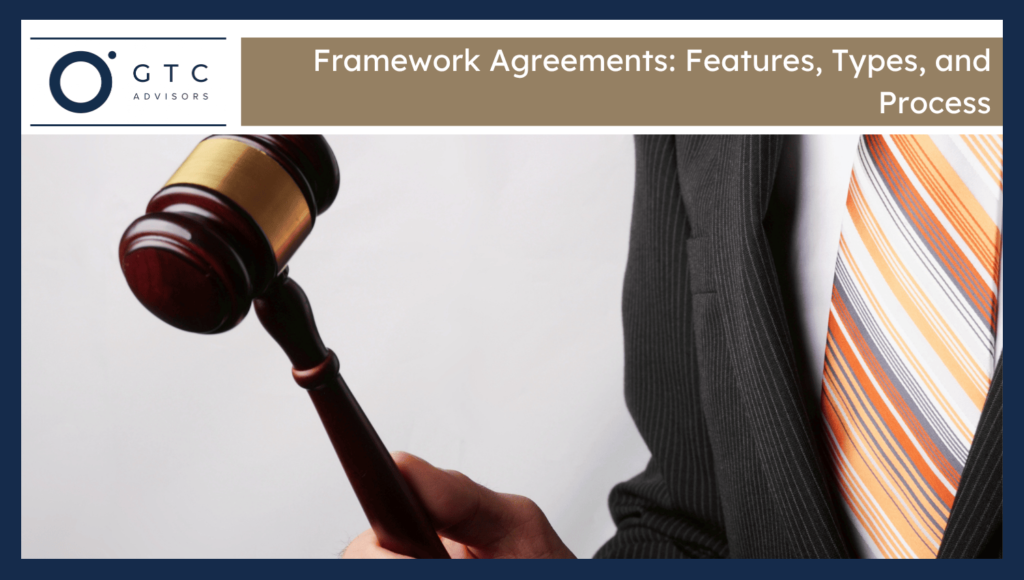Framework agreements are long-term contracts between a buyer and one or multiple suppliers. It provides terms and conditions such as price, quality and delivery, but does not involve fixed quantities of purchases. It does create a framework for future contracts when particular needs surface. Such agreements facilitate repeated procurement of frequently used goods, services or construction works. Framework agreements are normal both in the public and private sectors. They save on administration, enhance consistency, and guarantee quicker turnaround times in case real orders are made later, as per the agreement.
What are the Key Features of Framework Agreements?
The following are the seven key features of the framework agreement:
- Predefined Terms: Framework contracts predetermine terms such as the prices, product specifications or service, delivery schedules, and quality standards. The term of the agreement applies to all future contracts under the agreement.
- No Guarantee of Orders: The agreement does not place any guarantee of orders to be placed by the buyer, nor does it require any specified number of orders or quantities of products to be purchased.
- Flexible Contracting: Buyers can place single contracts, also referred to as call-offs, as and when required. It does not require a complete procurement process every time.
- Multiple Suppliers: It is possible to have numerous suppliers within a framework agreement. It leads to a healthy competition, better prices and provides a support system in case one of the suppliers is hard to get.
- Long-Term Validity: The agreements are usually of long-term validity and can serve to maintain continuity of the procurement process without tendering. It can be helpful in the case of repeat purchases.
- Streamlined Procurement: Framework agreements reduce the repetition of procurement processes, resulting in less time, less administration and faster delivery.
- Standardised Documentation: The consistency of templates and procurement formats to be applicable to all contracts facilitates compliance by making it easy to monitor and improve efficiency through minimisation of error.
What are the Types of Framework Agreements?
Here are the six main types of framework agreements:
- Single-Supplier Framework: It is an agreement between a single supplier. The purchase completely depends on that supplier to fulfil any needs under the framework. It makes procurement easier, less competitive and flexible.
- Multi-Supplier Framework: In this type, suppliers are already allowed to provide goods or services. Buyers have an option to choose among them directly or organise mini-competitions. It enhances customer choice and competition in prices.
- Closed Framework: There are no new entrants once the framework is established. This guarantees continuity regarding terms and relationships with suppliers throughout the entire period at the expense of being less flexible.
- Open Framework: New suppliers can be added after a particular time in the open framework. That makes the agreement competitive and enables access to new innovations or better deals over time.
- Centralised Framework: In this framework, procurement is carried out by a single authority to cover various users or departments. It helps in the organising processes and makes use of bulk purchases in order to get lower prices.
- Decentralised Framework: In this type, the framework of individual agencies or departments is run by each one. This makes it more controlled and flexible, although it can lead to inconsistent prices and repetition of efforts.
What is the Process of Establishing a Framework Agreement?
The process involves eleven steps to ensure the agreement meets long-term procurement needs:
- Needs Assessment: The organisation determines goods, services, or works that require recurring needs. This step involves a determination of demand, quality requirements, and expected timelines and schedules.
- Market Research: The purchasing group does market research on the supplier marketplace to learn about what is on offer, pricing trends, supplier deliverability, and competition. It assists in forming the structure and terms of the framework.
- Stakeholder Consultation: We consult other people within an organisation, including legal, finance, and end users. These discussions enable shaping the scope, dealing with potential risks and ensuring the budget exists.
- Supplier Prequalification: The interested suppliers get prequalified on the basis of their capacity, compliance, experience and previous performance. An invitation to tender is only issued to those who meet certain standards.
- Invitation to Tender (ITT): An ITT is invited, which includes the product specification, contract terms, price structure and assessment. Clear submission instructions and timelines are provided to the suppliers.
- Clarification Stage: Suppliers are given the chance to question the ITT, without making their bids. The responses are provided to all bidders so as to provide equal access to information.
- Bid Submission: Suppliers make their offers on the due dates. All the bids are recorded and made secure to ensure transparency and compliance.
- Bid Evaluation & Award: Successful bids are appraised based on certain pre-determined parameters, which can include price, quality, and timelines. The framework agreement is granted to selected suppliers.
- Agreement Setup: A formal agreement is signed with the chosen suppliers. It contains contractual terms, prices, terms of service and purchase processes.
- Internal Communication: It informs the relevant departments about the new framework. The information is given on how to access and utilise the agreement accurately.
- Monitoring & Review Planning: A schedule is set to check on supplier performance and delivery quality, together with terms. Adjustments are made according to the performance data.
When Should You Use a Framework Agreement?
A framework agreement can be used where the goods or services are likely to be required regularly, such as office supplies or regular servicing. It applies to circumstances where demand is repetitive but not predictable. This procedure prevents the repetition of tendering, and it is time-saving, also building good relationships with the suppliers. It can also achieve quicker procurement, competitive prices and guaranteed quality because it deals with pre-qualified suppliers on fixed terms.

George C. Tagg, Jr.
George serves as a trusted counsel to business leaders, non-profit executives, and management teams. George is a licensed attorney with a master’s in international affairs and over 20 years’ experience in the U.S. Congress, Department of State, Department of Defense, global public policy, and political campaigns.


